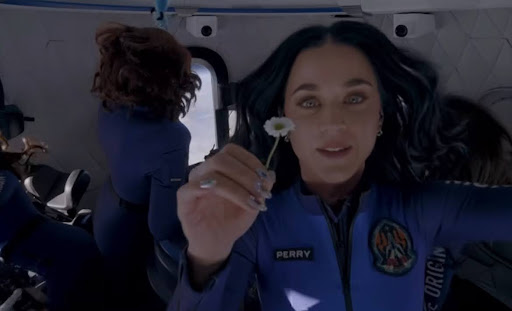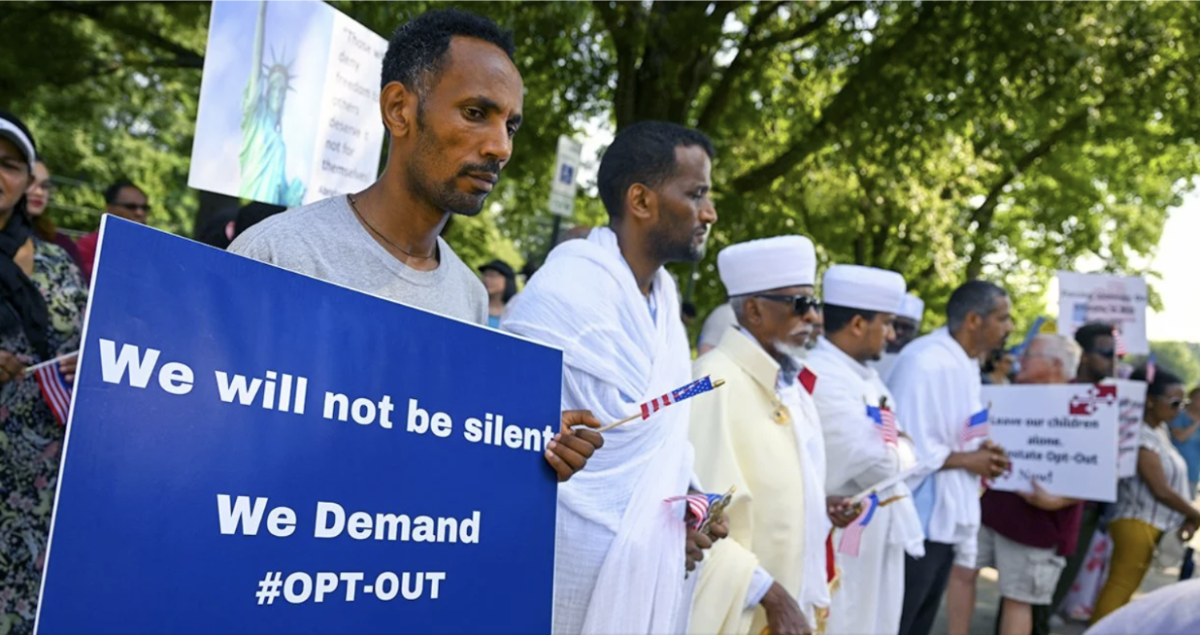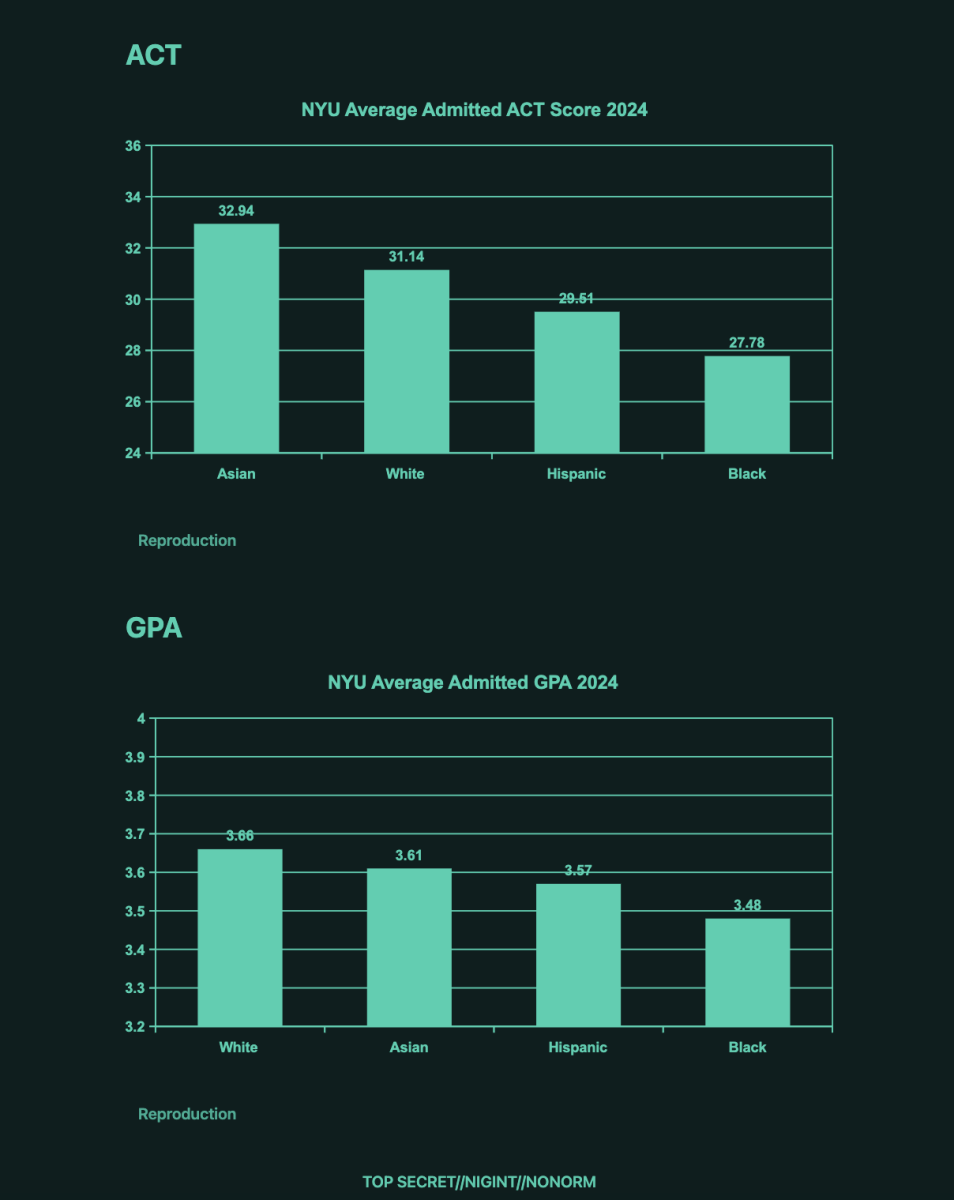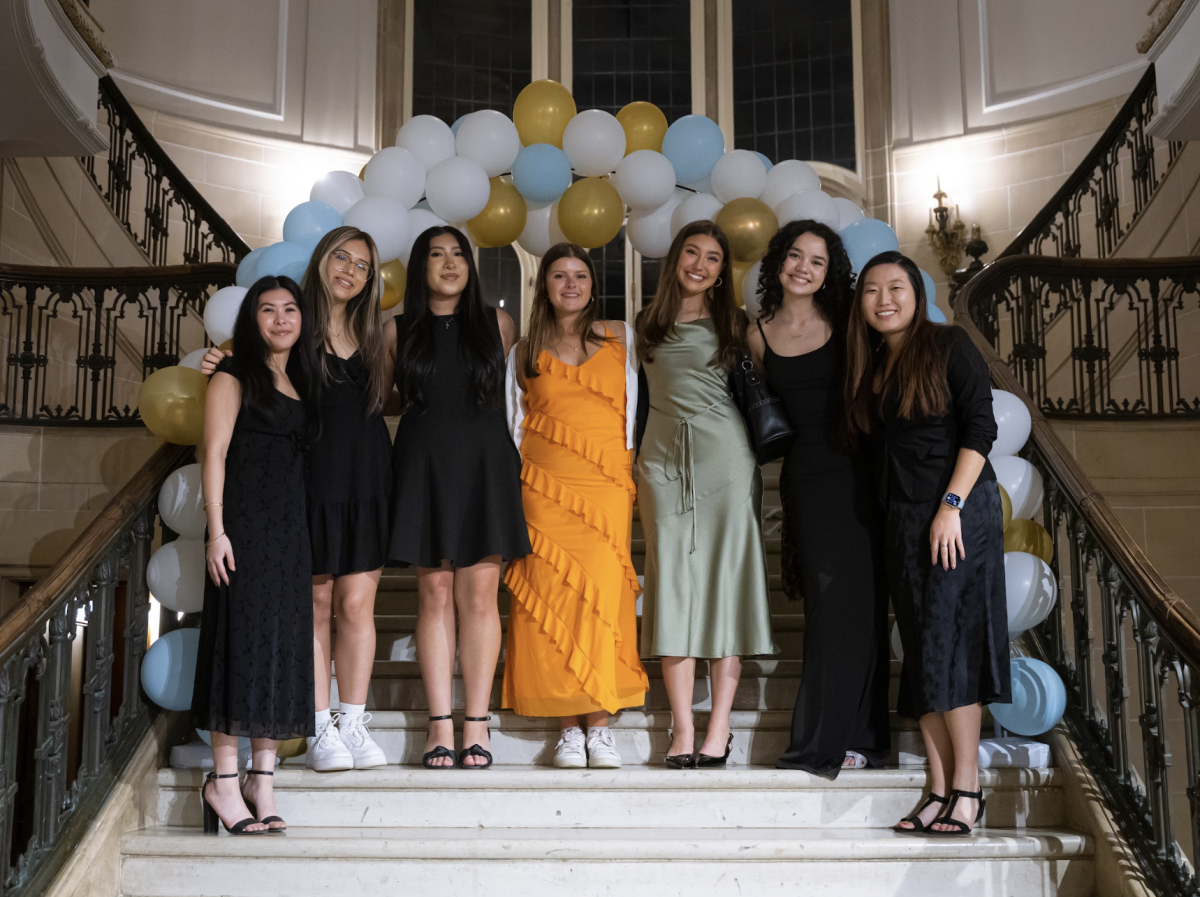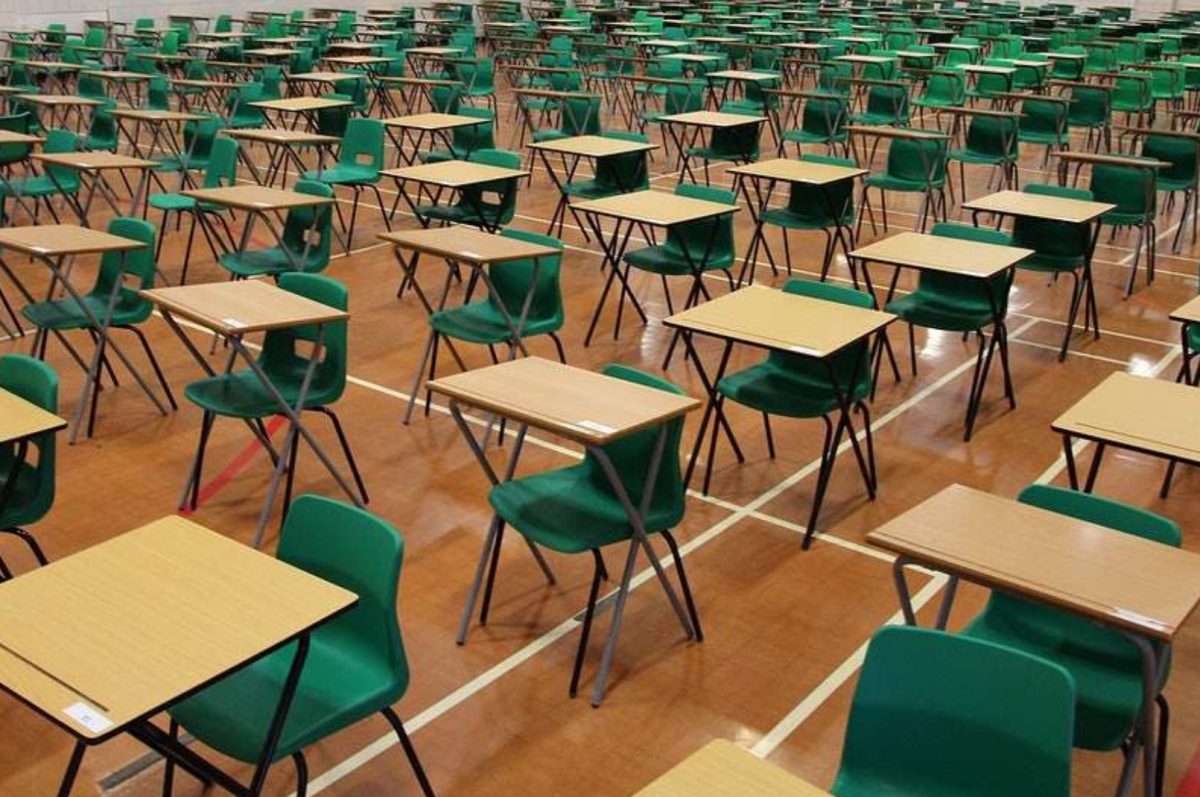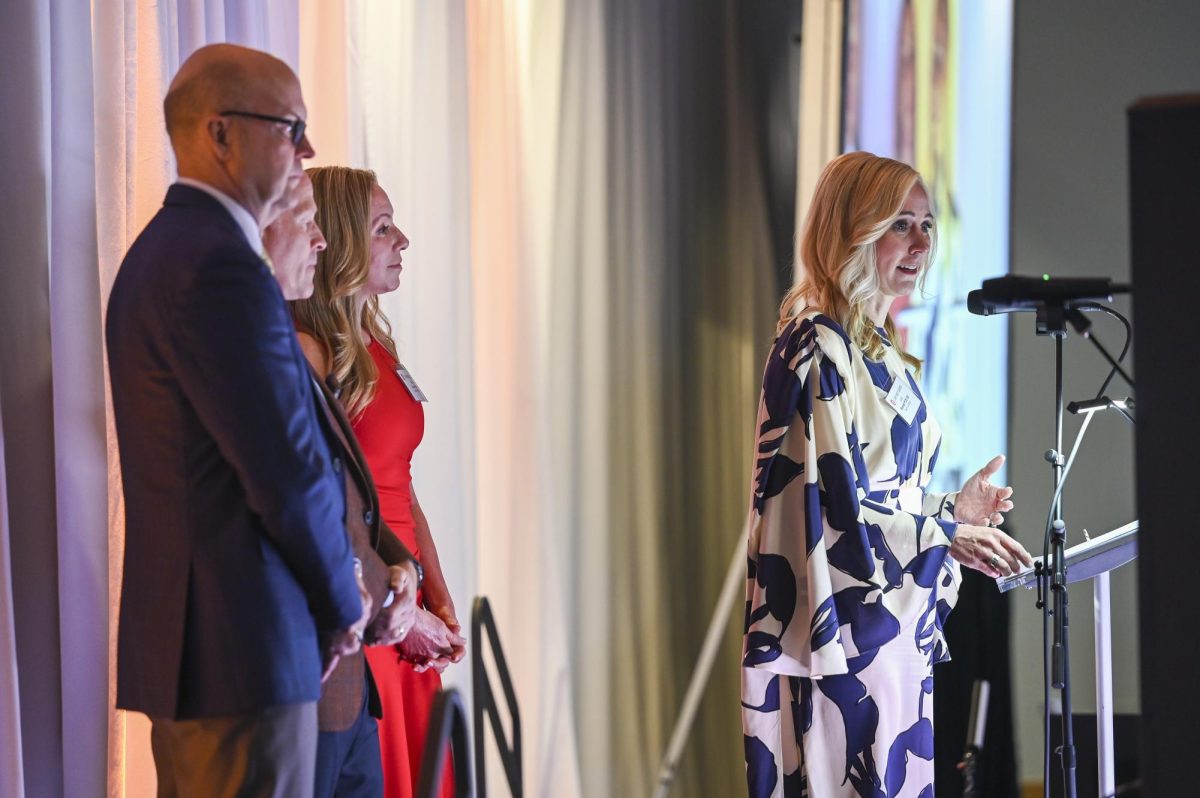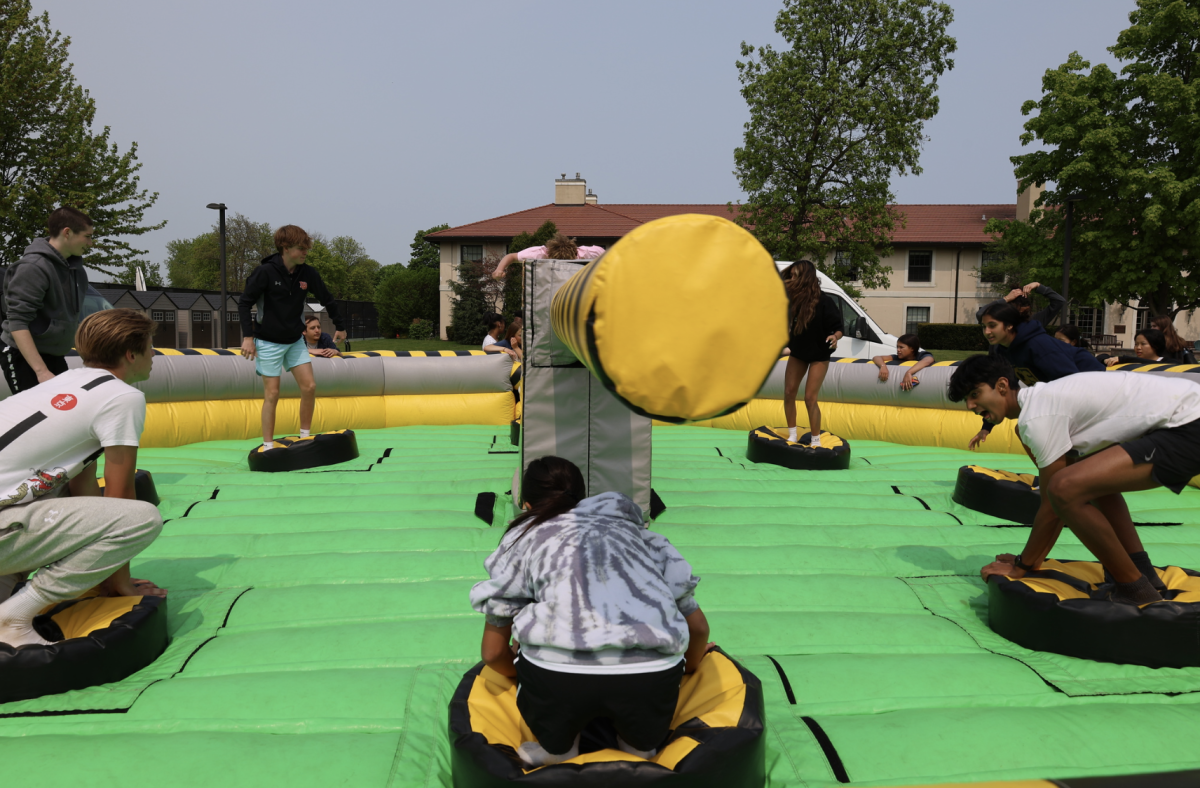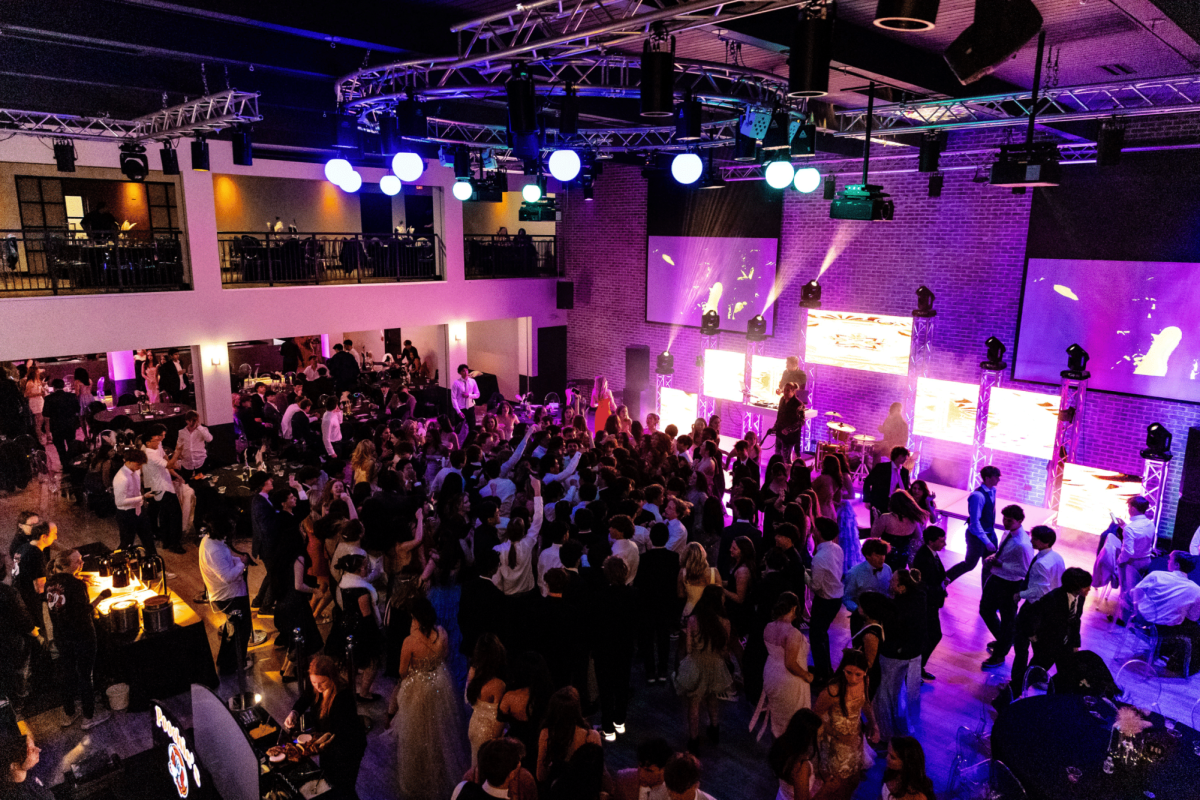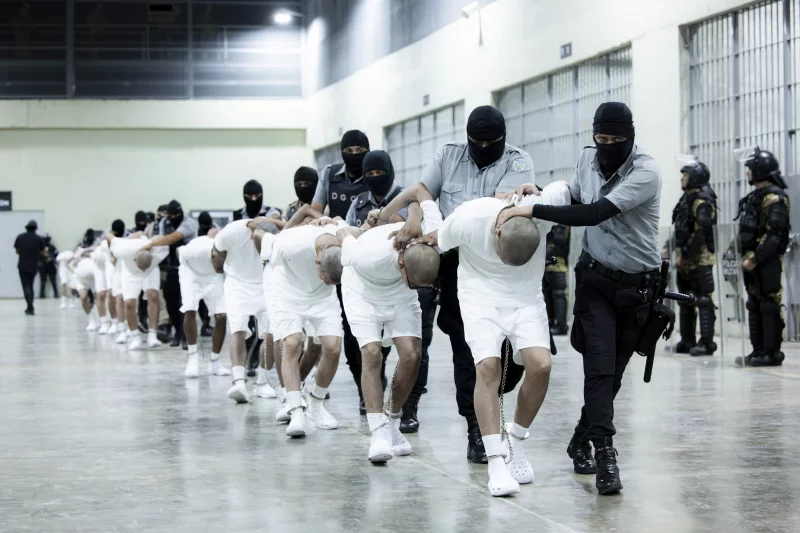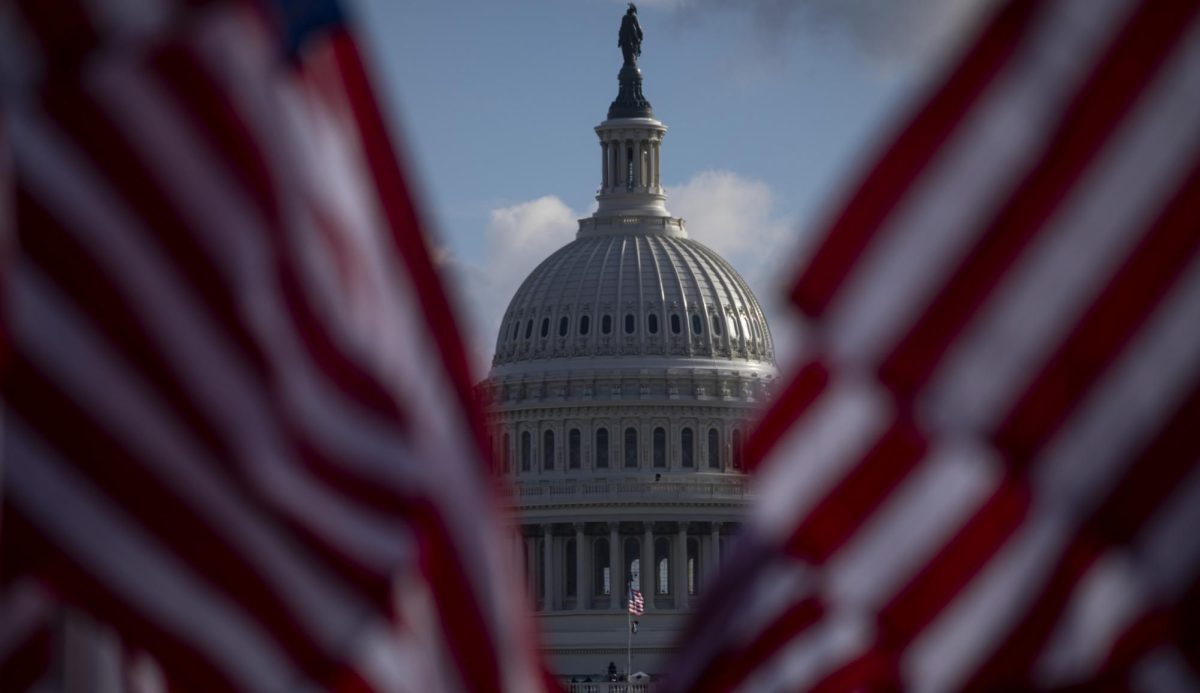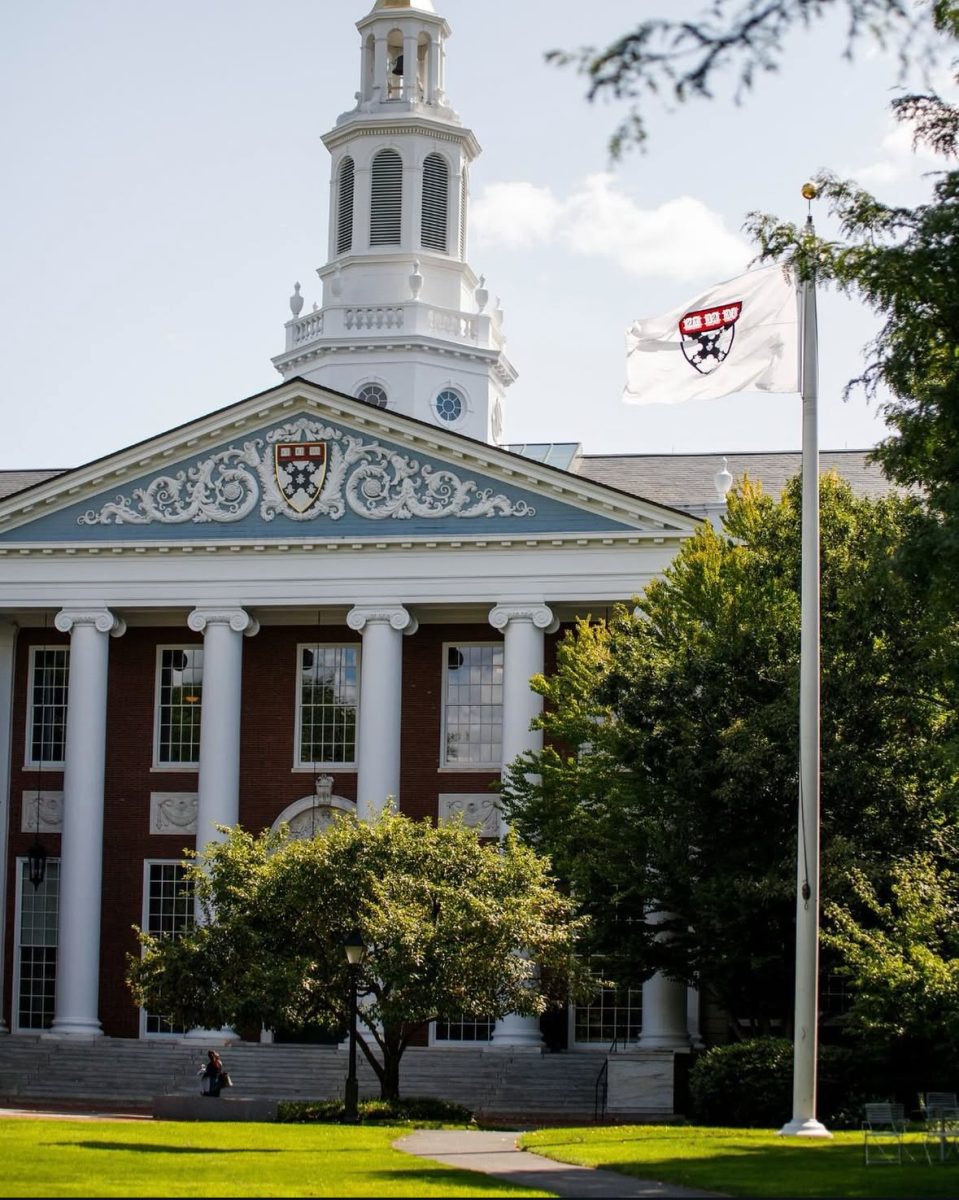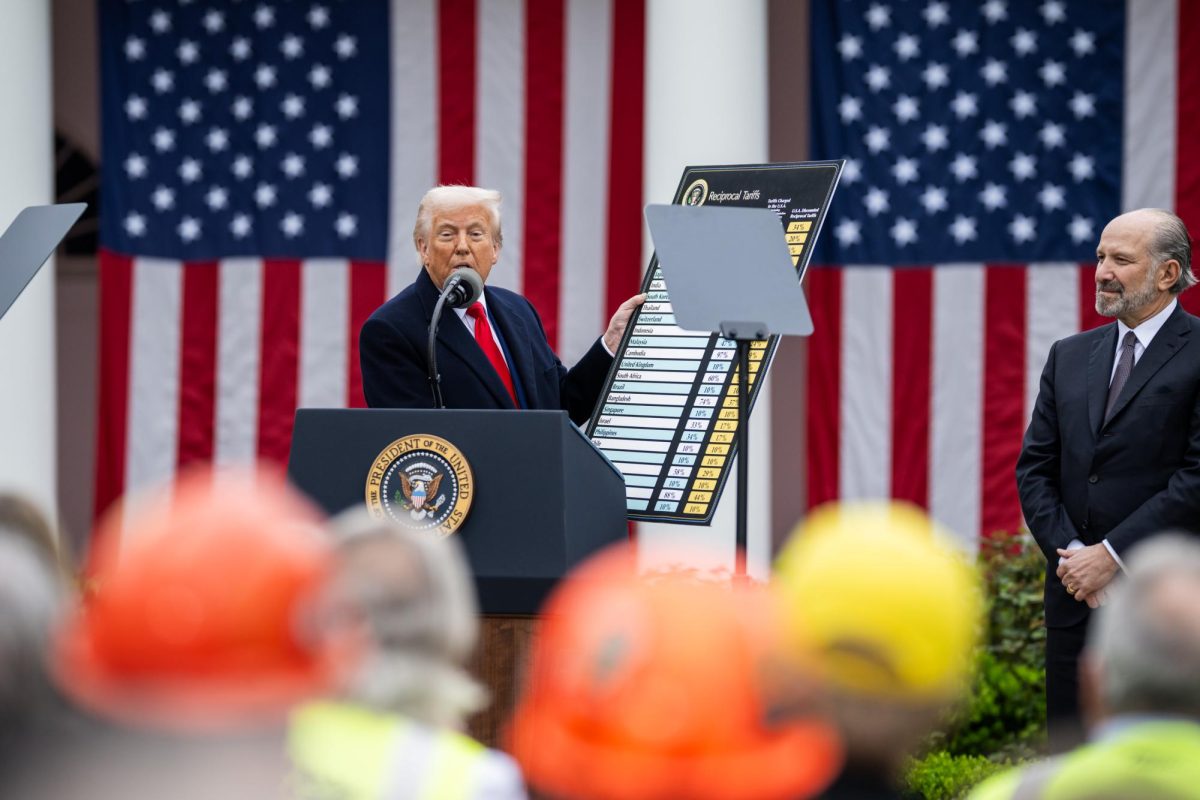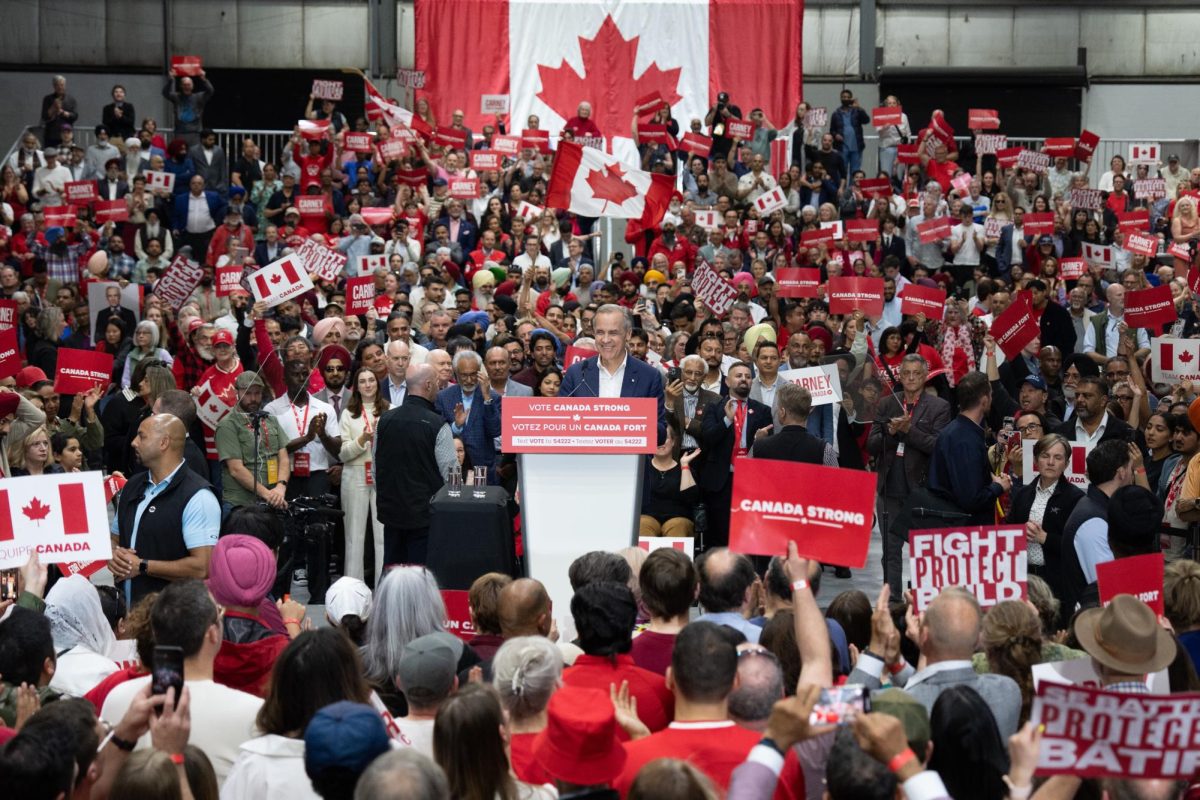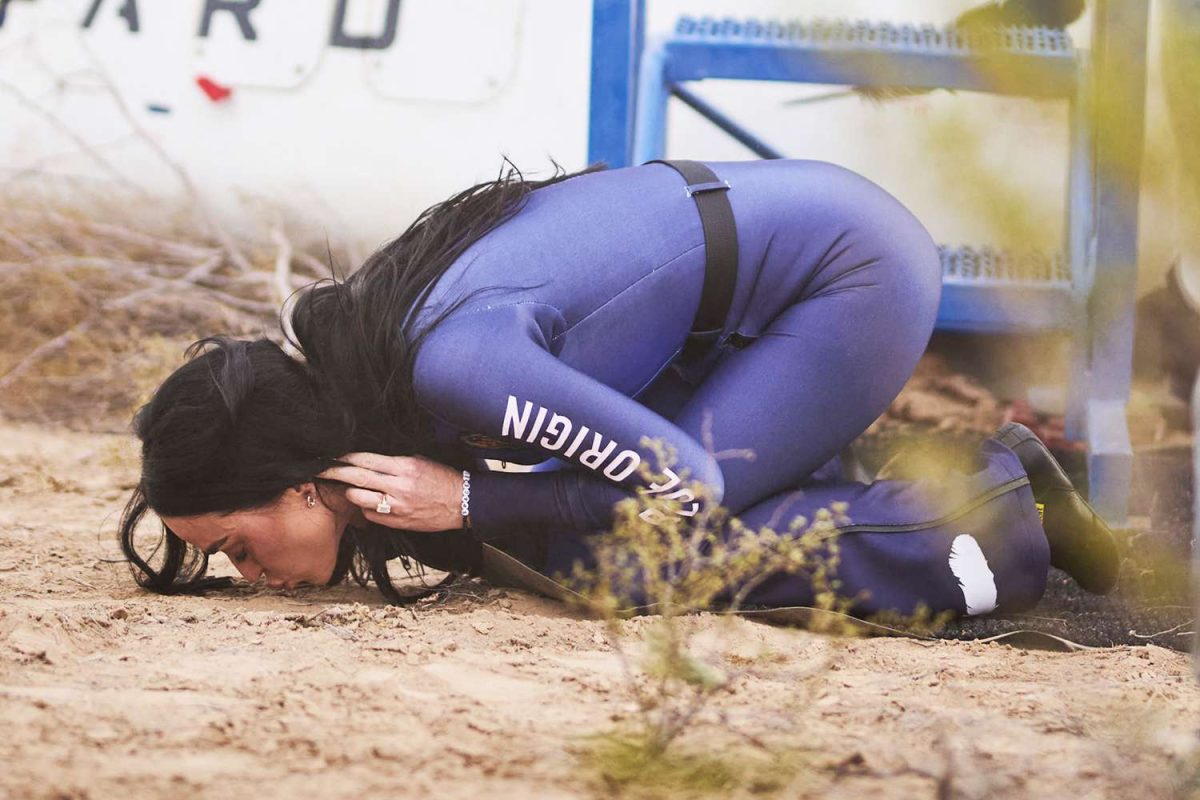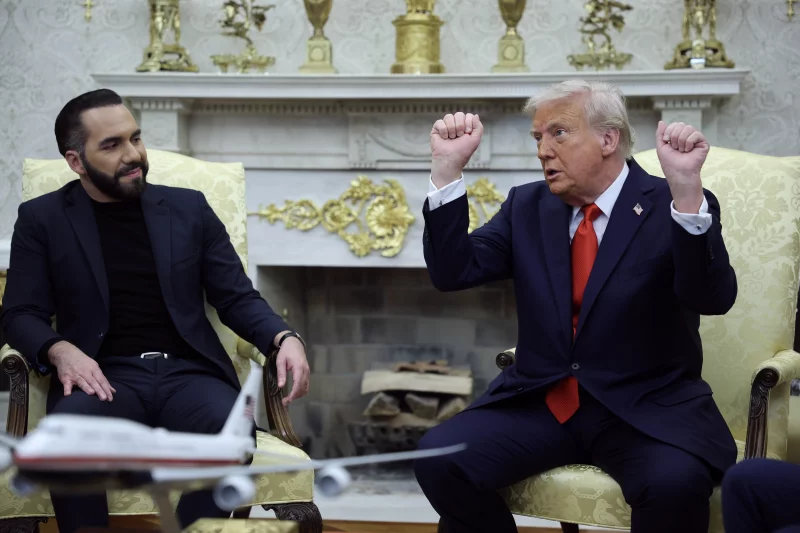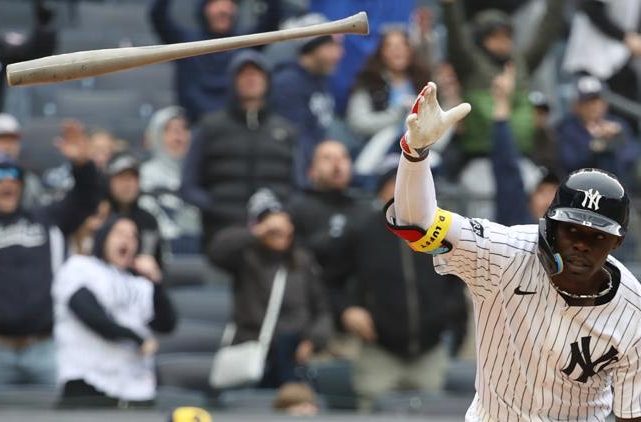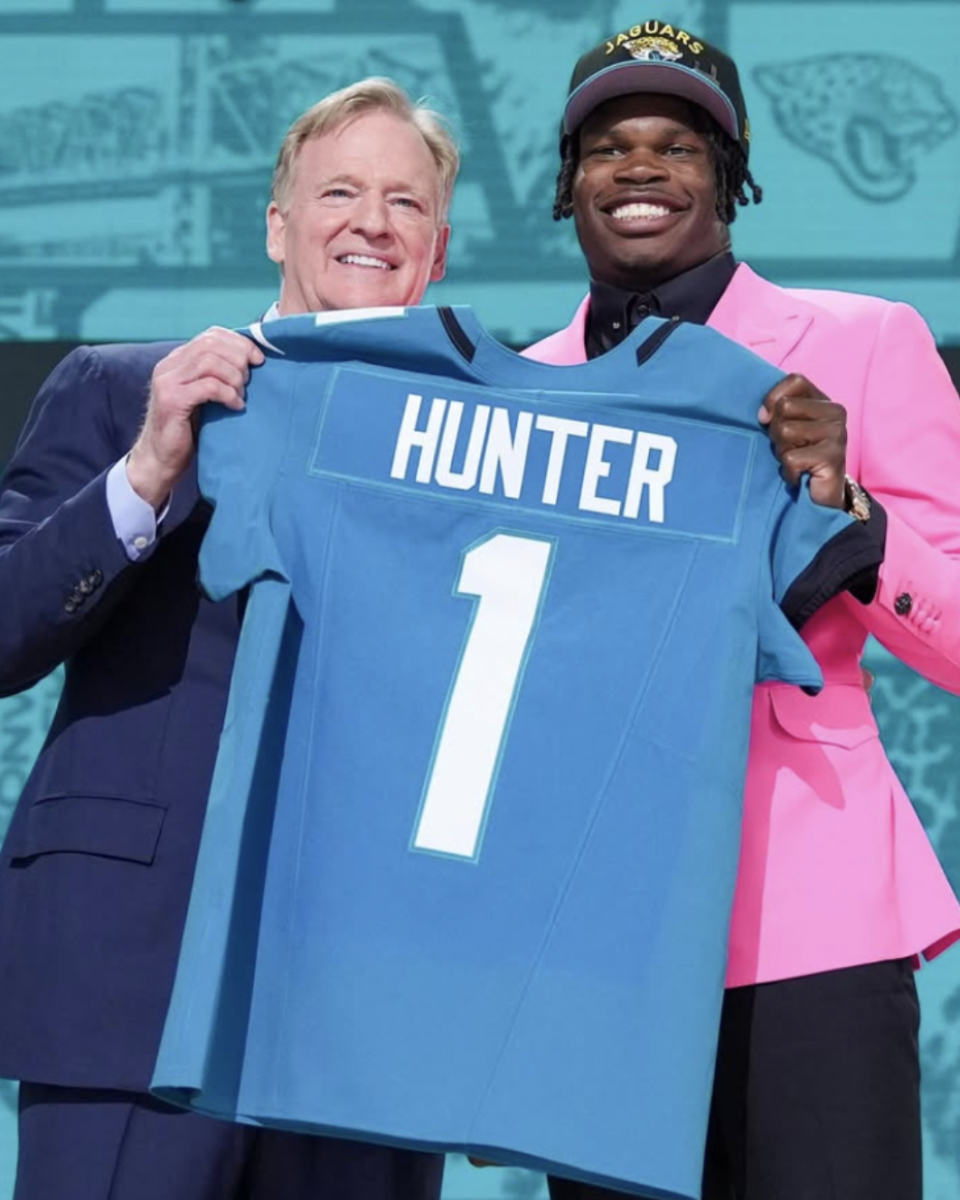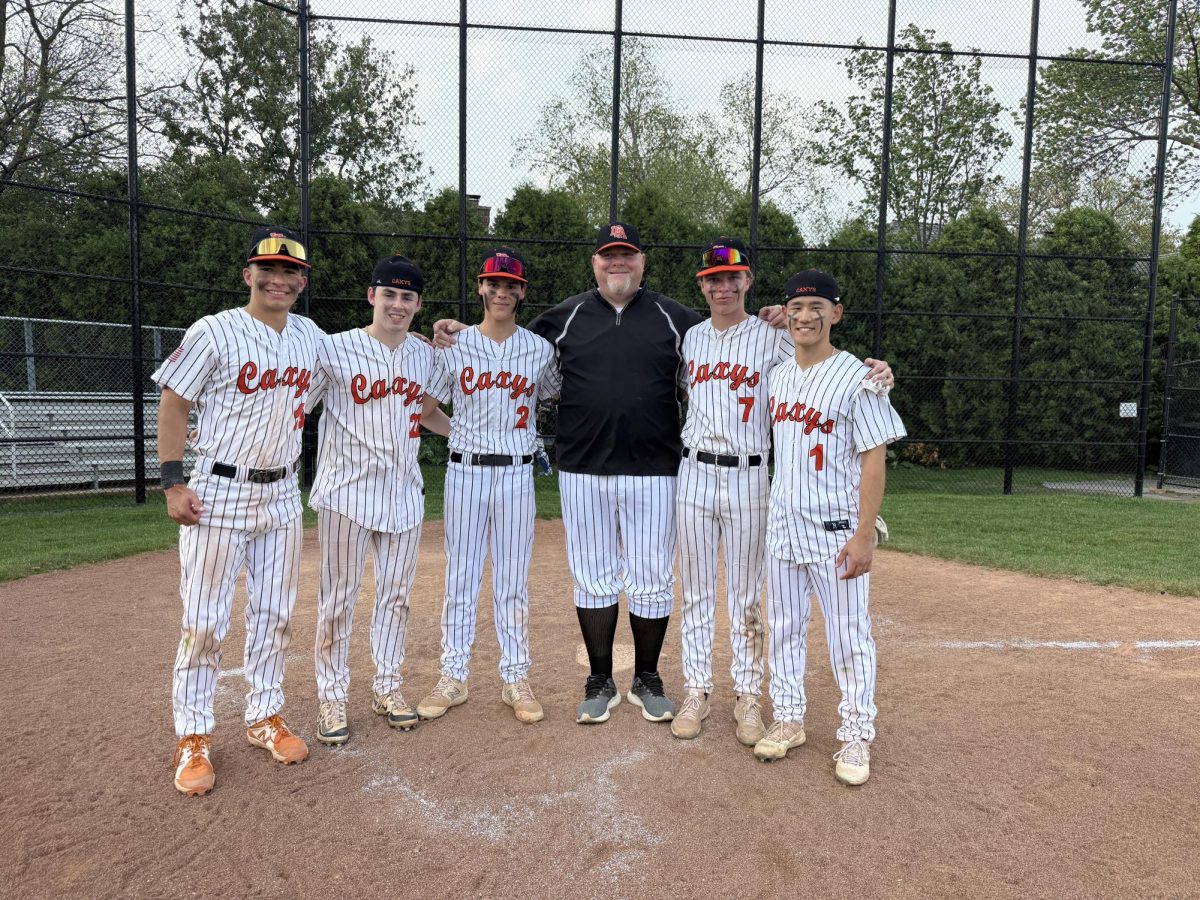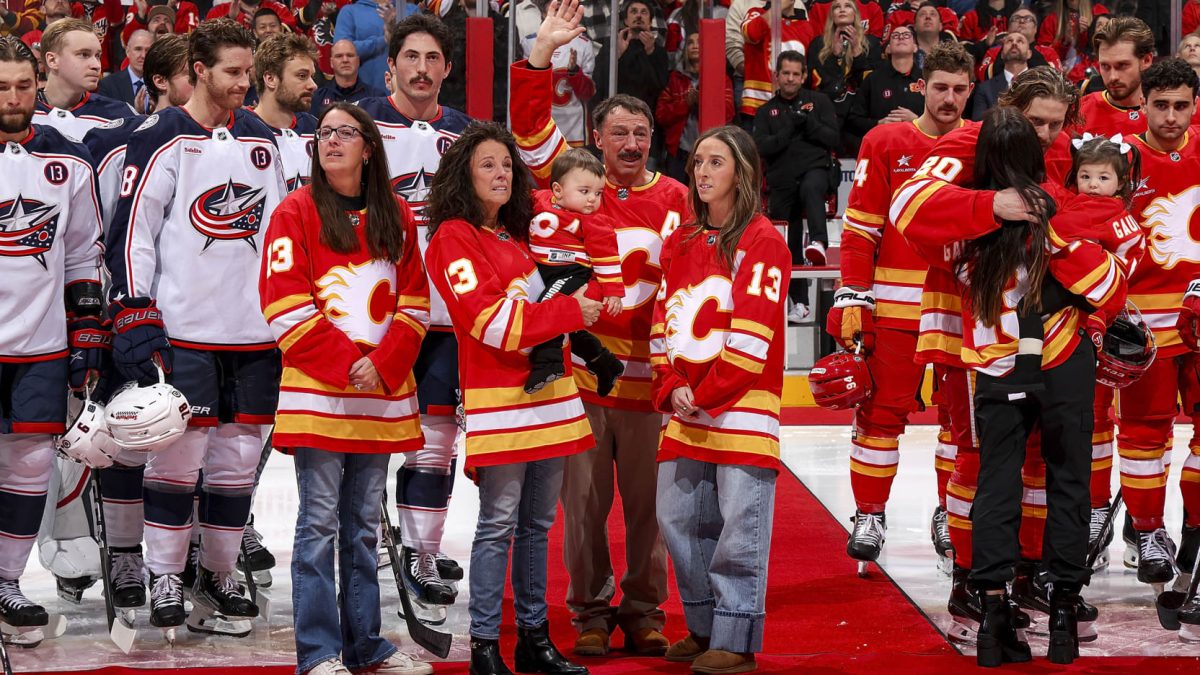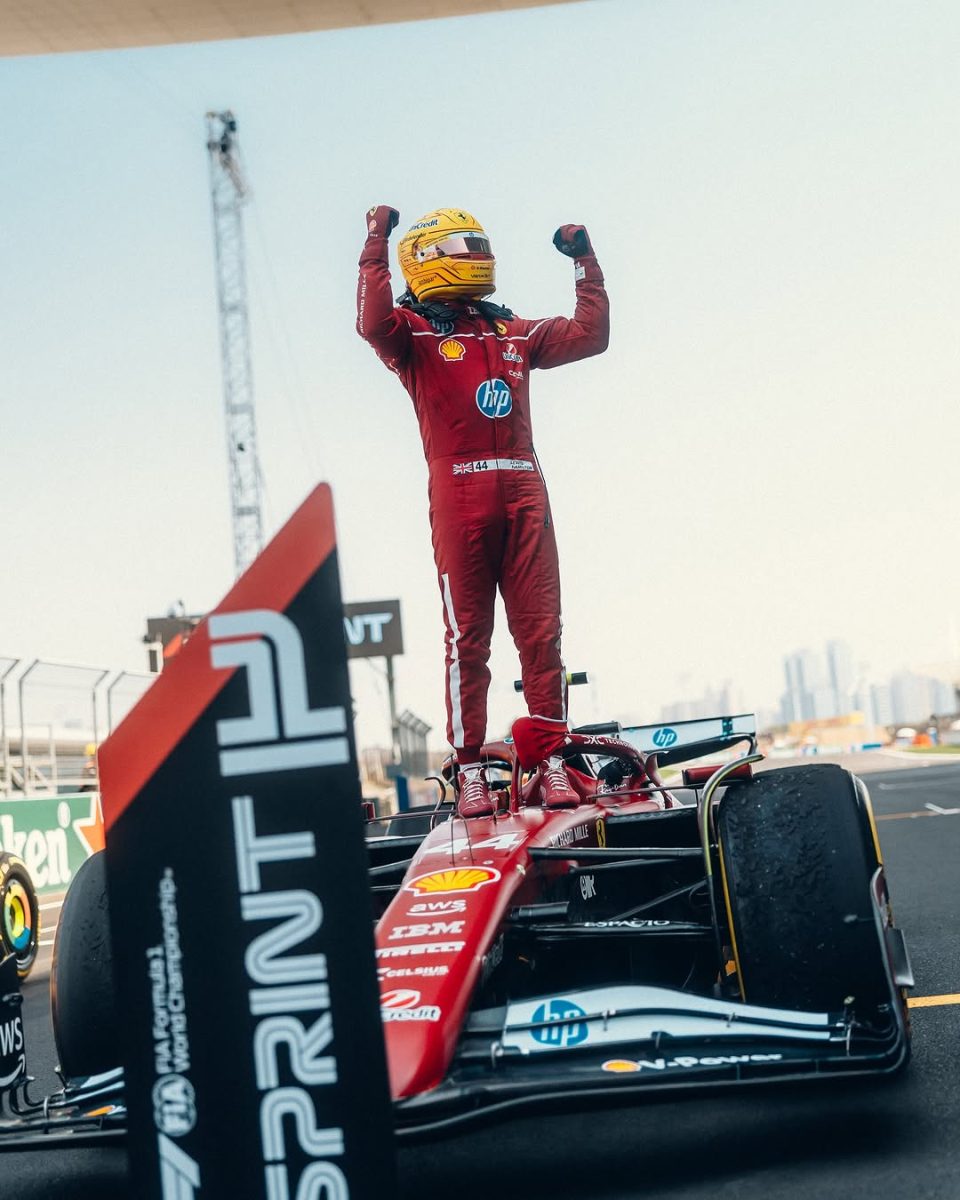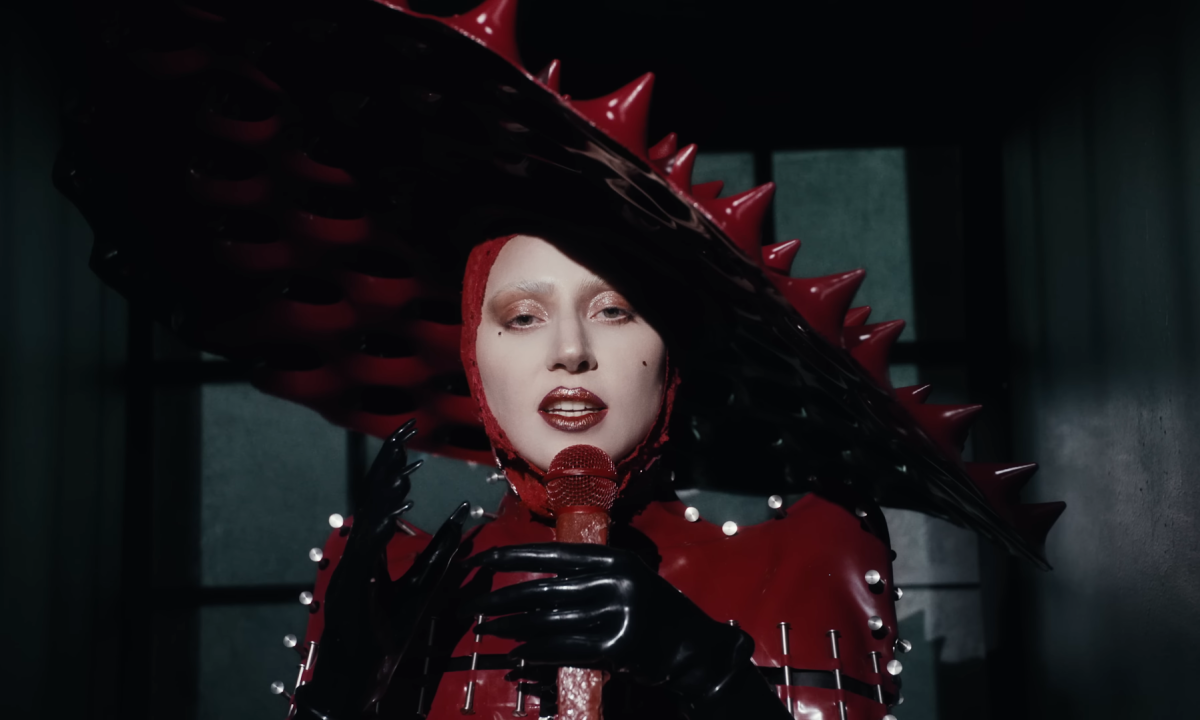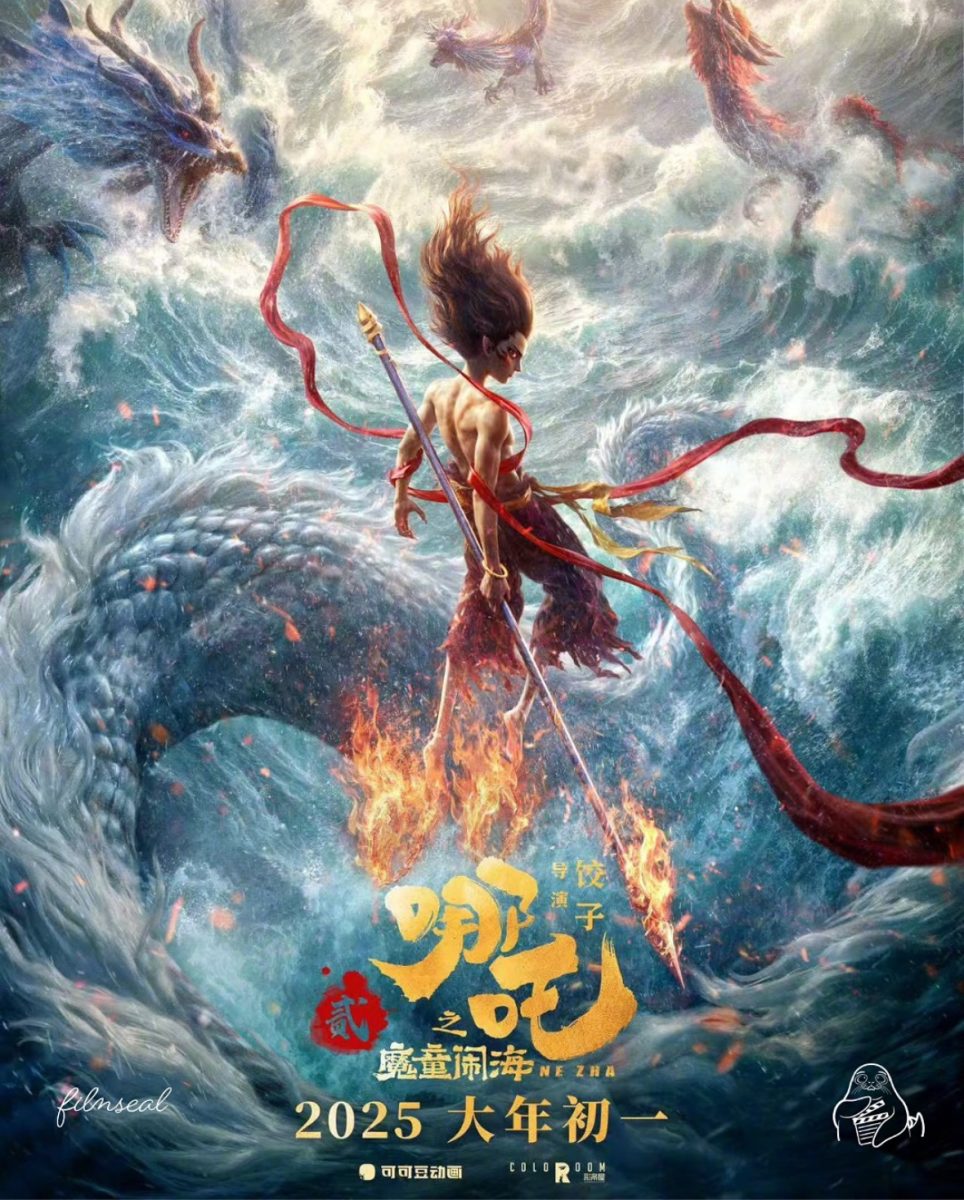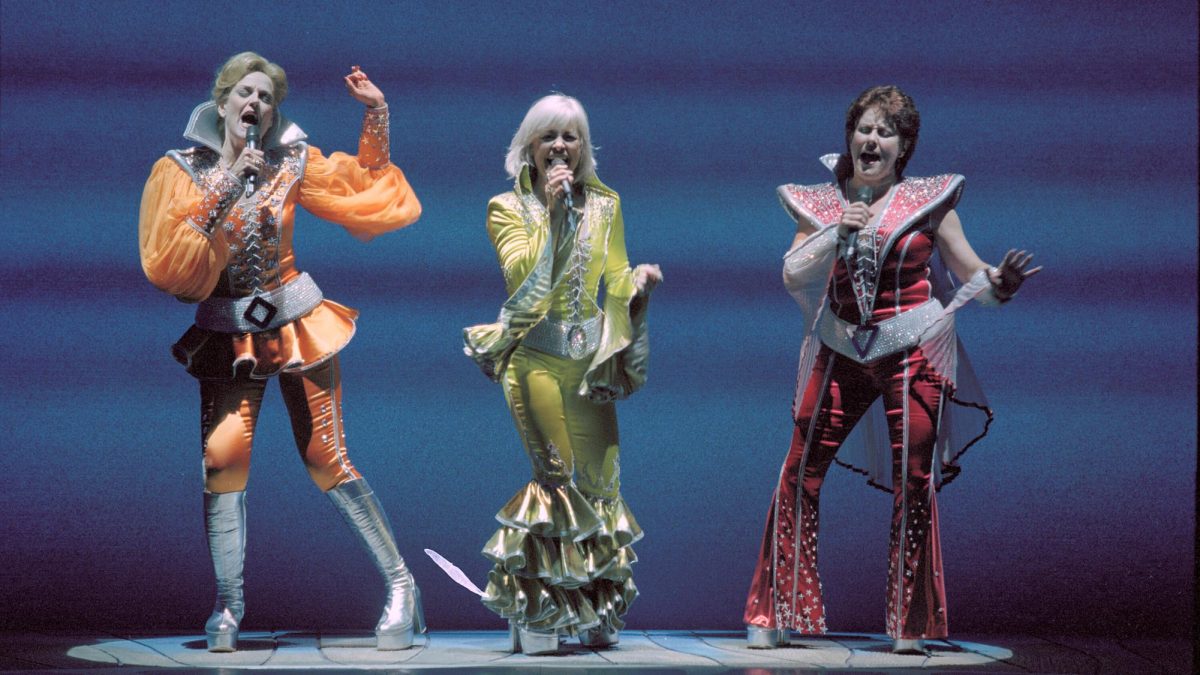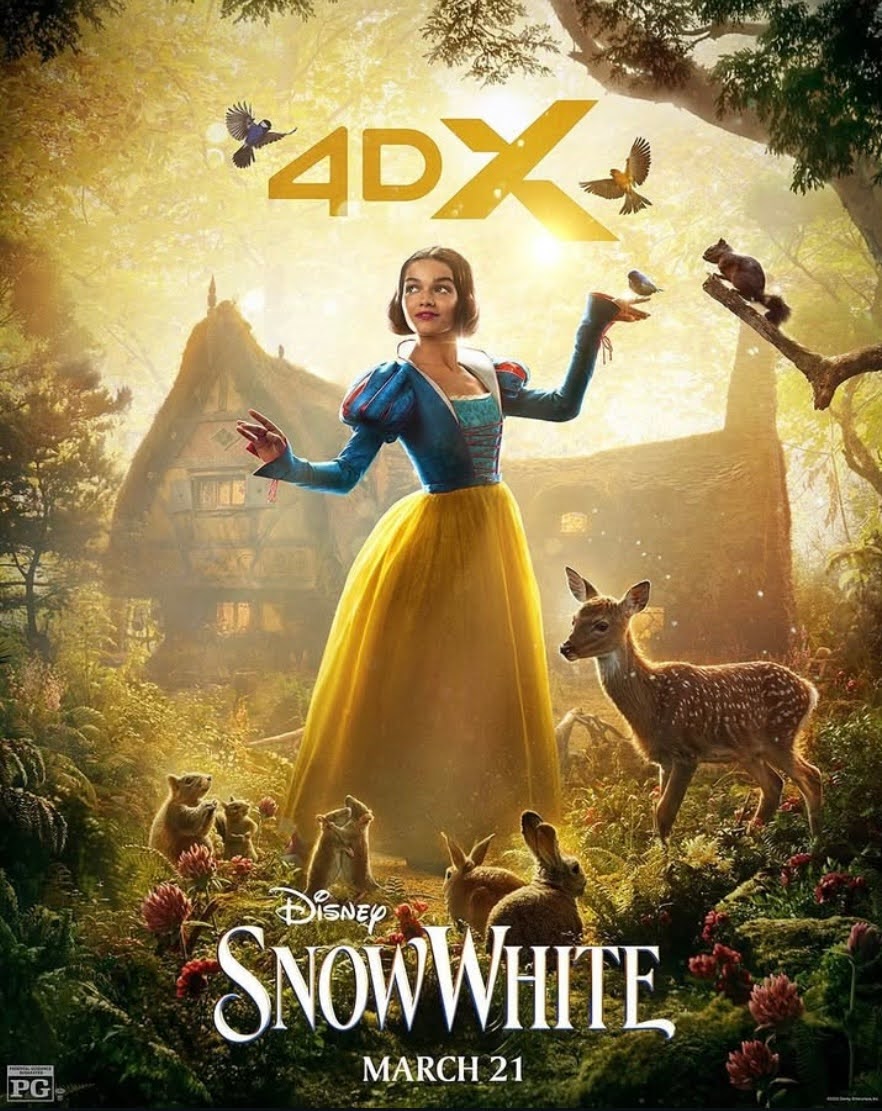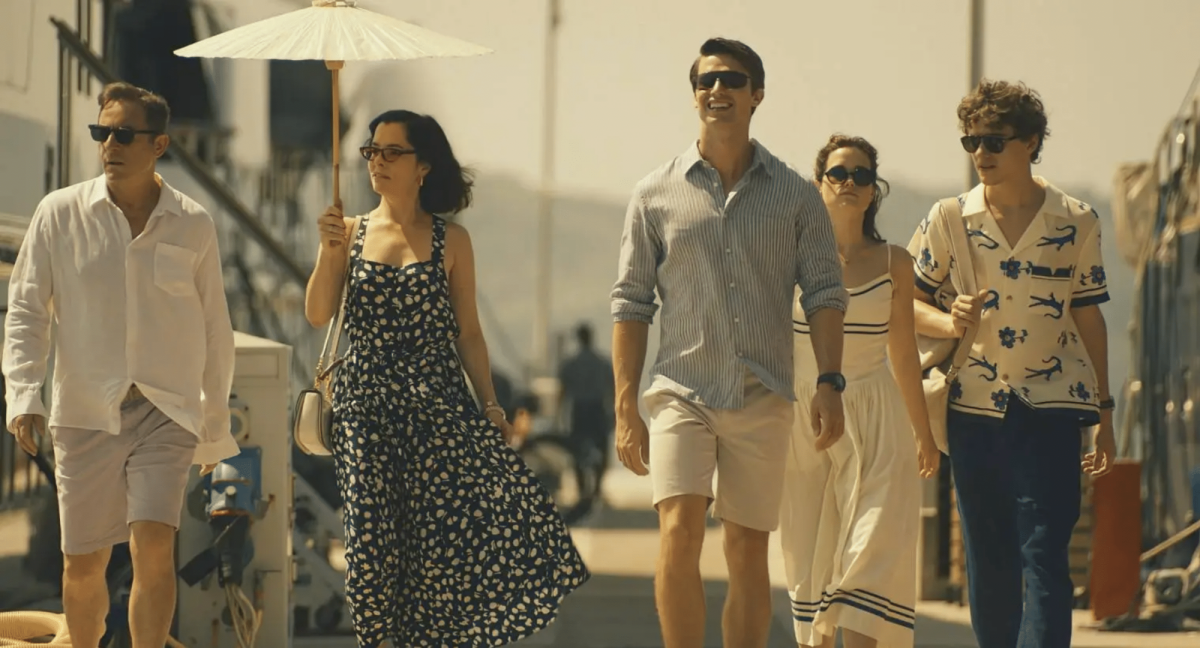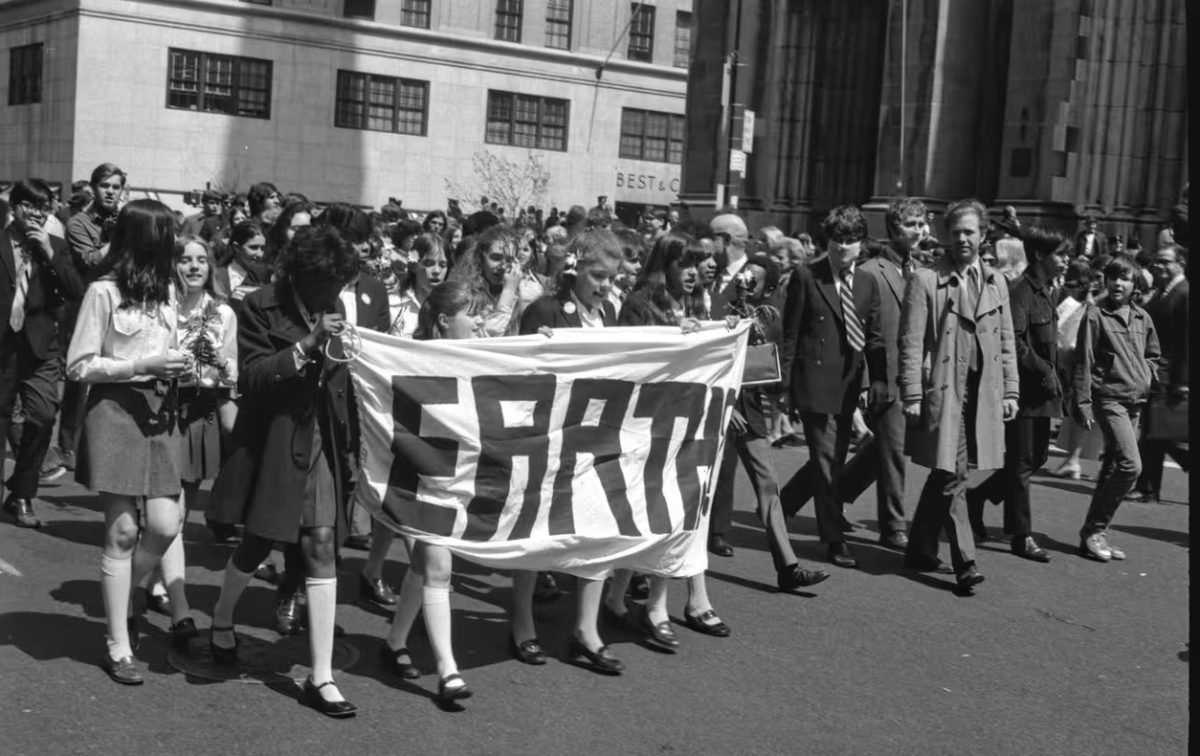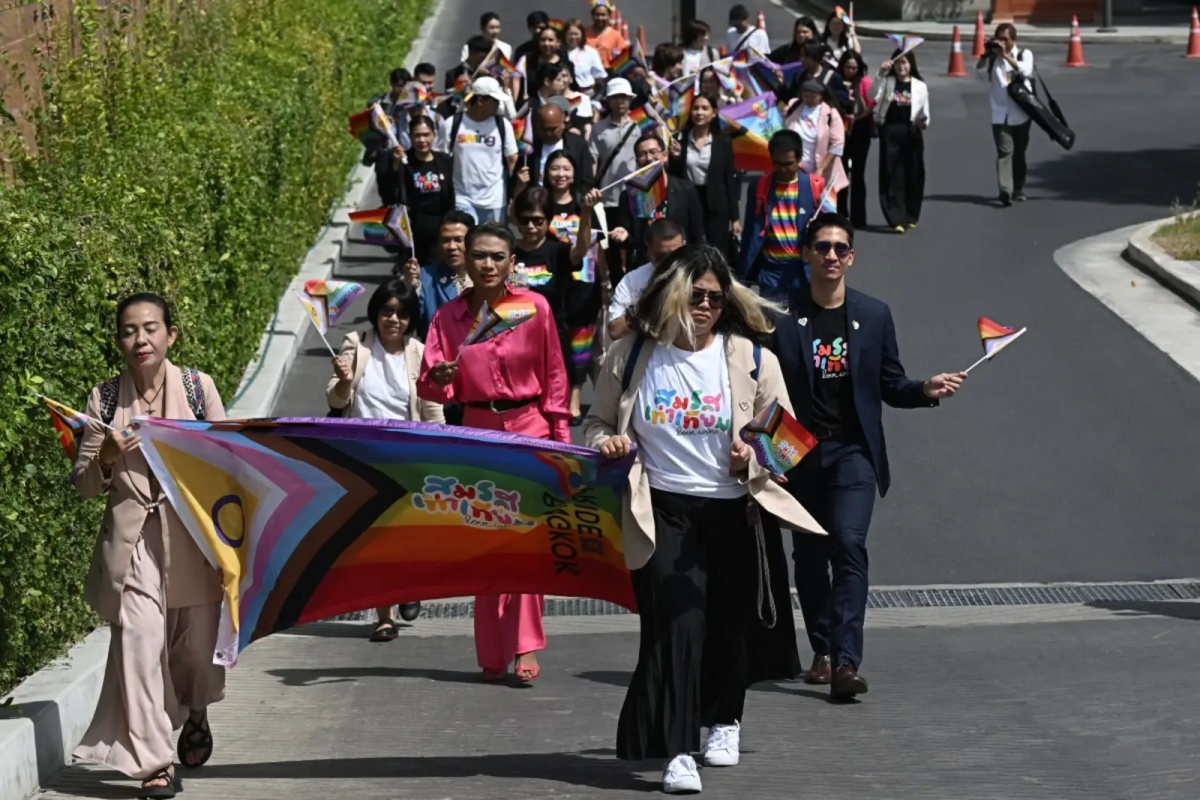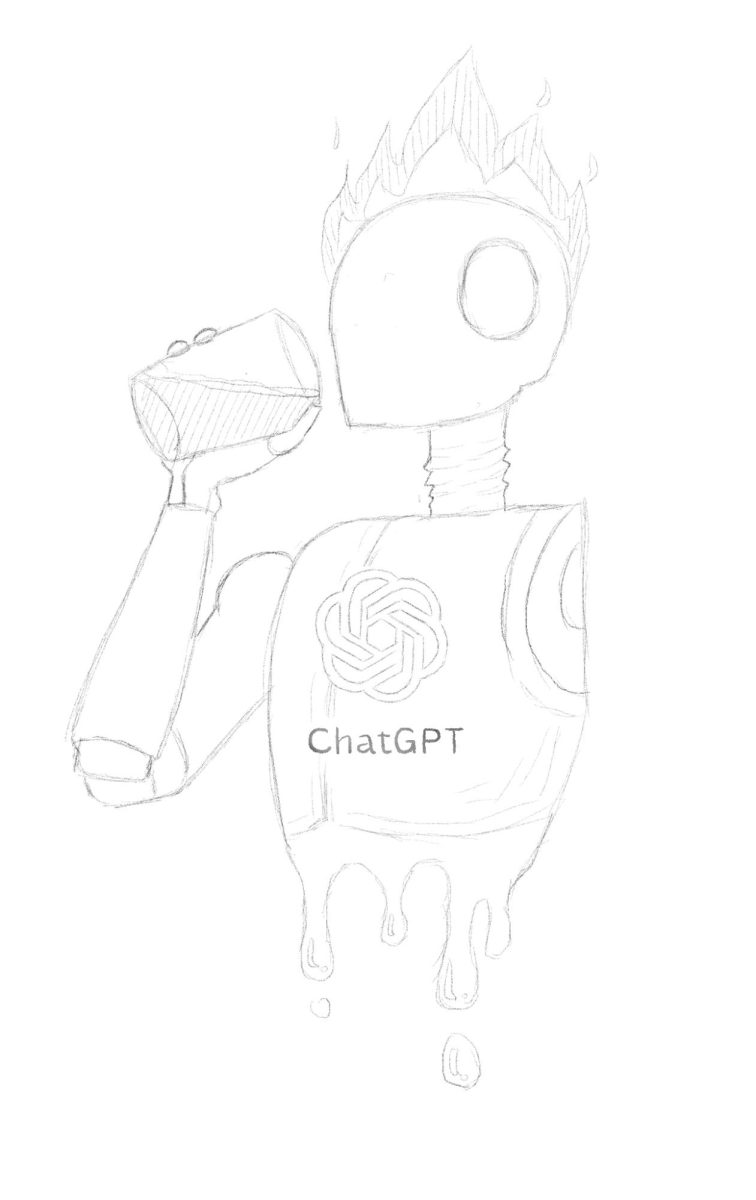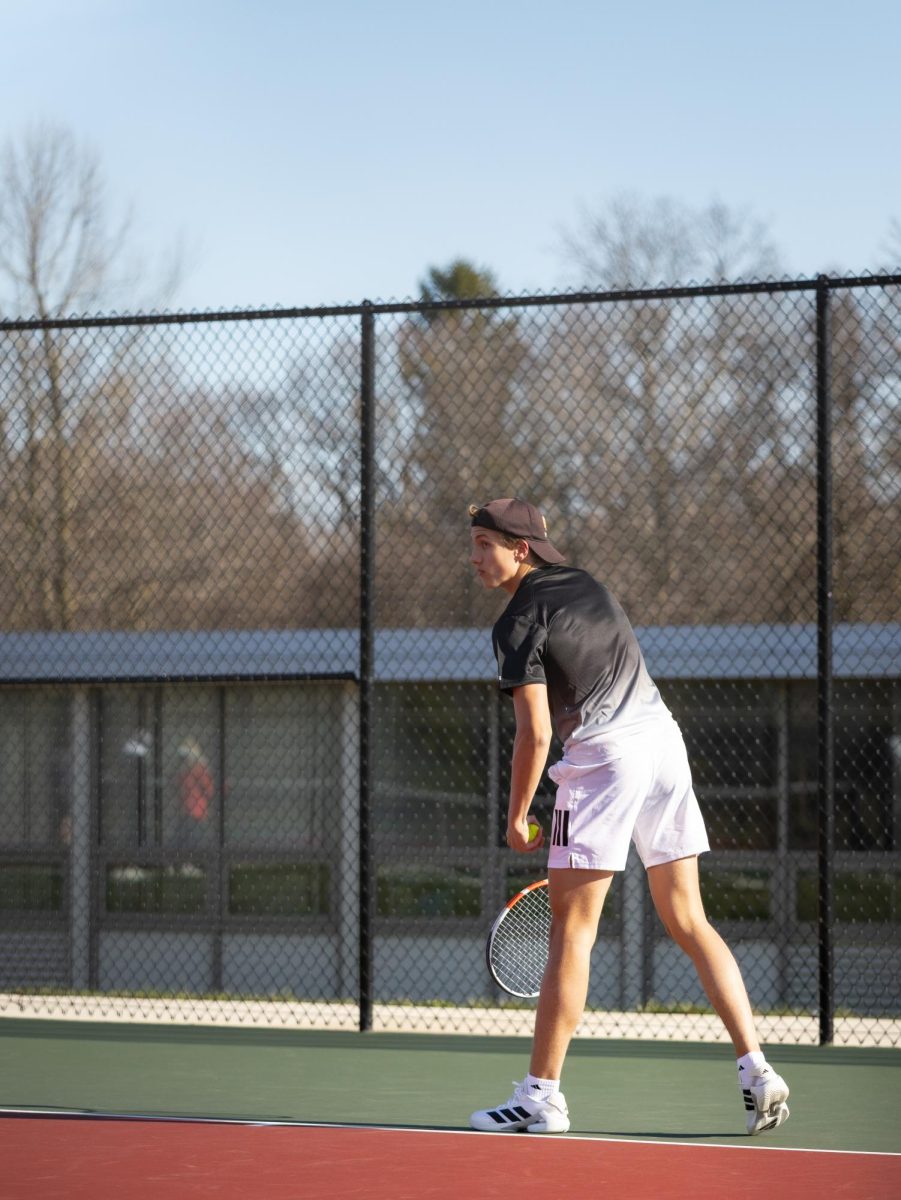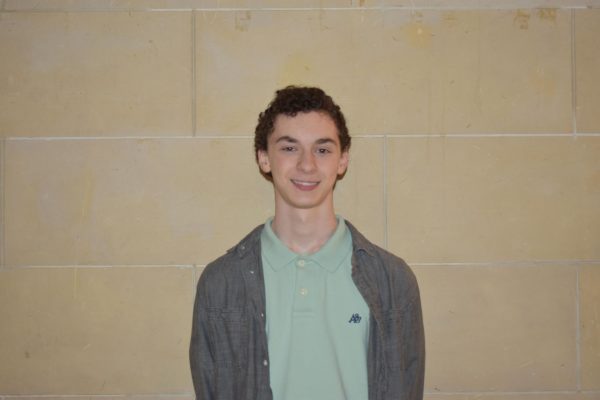Despite having discovered newfound success at the collegiate and high school levels, esports–professionally played video games–has had its bubble significantly flattened after years of near-exponential growth across various games and scenes. The unsure profitability of the industry has led to major investors and organizations backing out or reducing funding, and the “esports winter” as it’s been called is far from over. However, one major entity has decided to jump on the bandwagon at a time when many have stepped off–Saudi Arabia.
The term “sportswashing” entered public knowledge for many with the 2022 World Cup in Qatar. The word describes the process of using sports to improve something’s reputation, in this case that of various Middle Eastern nations. Saudi Arabia, through its $776,000,000,000 Public Investment Fund, has extended this policy to the esports realm through Savvy Games Group, which has made a remarkable impact on the scene since being founded in 2021. Despite providing a massive supplement of funding into esports at a time when it’s desperately needed, however, the usage of esports to cover up human rights abuses as well as discrimination against LGBTQ+ individuals and women has presented more questions than answers to the industry. It’s all resulted in uncertainty over the role that SGG and Saudi Arabia will play in these next few pivotal years.
Six months before the first kickoff in Qatar back in 2022, esports organizations, teams, and players gathered for the first-ever Saudi-sponsored international event, dubbed Gamers8. It was this event where initial concerns over esportswashing began to arise among fans, but it would take until the $50,000,000 Gamers8 2023 event (and a video commentary posted by VALORANT commentator Josh “Sideshow” Wilkinson”) for many of the participants to fully grasp the situation around the sponsorship of these massive tournaments.
“My frame of reference was that the government wanted to throw an event because they were a fan of esports,” said professional Rocket League commentator Sean “Spaceman” Rogers. “I don’t think anybody was entirely as informed as we came to be a year later.” As a commentator at Gamers8 2022, Rogers felt that the sentiment among those participating was that being aware of and speaking out against the potential Saudi human rights violations was enough, but as more information about the event’s funding became available, his tone shifted, saying, “If I got an offer this year, I would not go.”
The bulk of the responsibility for running these massive events falls to ESL, a company that helps organize esports tournaments and is currently the highest-valued esports company in the world. It was acquired by Savvy Games Group in 2022. “ESL is a very good company with very good people and a very good mission statement, and they’re getting caught in the crossfires by the way that they were bought out,” said Rogers. Even with ESL getting a pass from the majority of the esports world thanks to its extended degree of separation from Saudi investment, its role in supporting esportswashing events- including Gamers8- still garners questions. “They [Saudi Arabia] will go to a tournament organizer, and they will put on the tournament,” said Jens Koornstra, the lead editor of popular Rocket League news website ShiftRLE. He emphasized, “When it comes to the first step, it’s the tournament organizers… they bear the biggest responsibility.”
Given the controversy surrounding Gamers8 (now the Esports World Cup), the question of competing in the first place has fallen to organizations, teams, and players. But how much responsibility can they really assume, given the exposure and revenue that these competitions generate? “It’s a very difficult choice [for organizations]… but to say they’re backed into a corner is a little bit of wishful thinking that they actually care,” said Koornstra. “They [organizations] will make a lot of decisions for players… I would say there is limited responsibility there.” Team Liquid (a Dutch esports organization with one of the largest footprints on the scene) Co-CEO Victor Goosens said in a statement in 2023 that not participating in esportswashed events would lead to “all sorts of challenges” when it comes to maintaining funding and high levels of brand recognition. Even when it comes to organizations and players that do want to take action, it would take a movement from almost all participants to drive any sort of change. Koornstra describes such a movement as a “prisoner’s dilemma,” where organizational apathy and a need for revenue during a difficult financial period prevents any mass effort from gaining steam. Very few teams have declined an invite to the premier Saudi Arabian tournament as a result.
With the growing prevalence of Saudi Arabian events within the esports scene, their influence in the communities of the games they sponsor, as well as the industry as a whole, seems set to increase. “Saudi Arabia is looking to make the esports scene a monopoly of theirs,” said Koornstra, with Rogers adding that funding esports during a time of financial difficulty “will give them a seat at the table.”
This all leaves fans in a bit of a precarious position when it comes to their decision to watch these massive events featuring their favorite teams and players. Ultimately, though, not much can be done from their position, besides being aware. Koornstra noted, “you can speak out while also watching these events, that doesn’t make you a hypocrite.” When there are millions upon millions of dollars in play, there’s just not much the average person can do besides keep themselves in the know. It appears as if that’s all they can do for now.
It appears as if, for better or for worse, Saudi Arabia will continue to hold a strong presence in the esports world for years to come. In a time when ethical consumption is valued by so many, the way the world watches esports might just reflect how it interacts with consumerism today.

